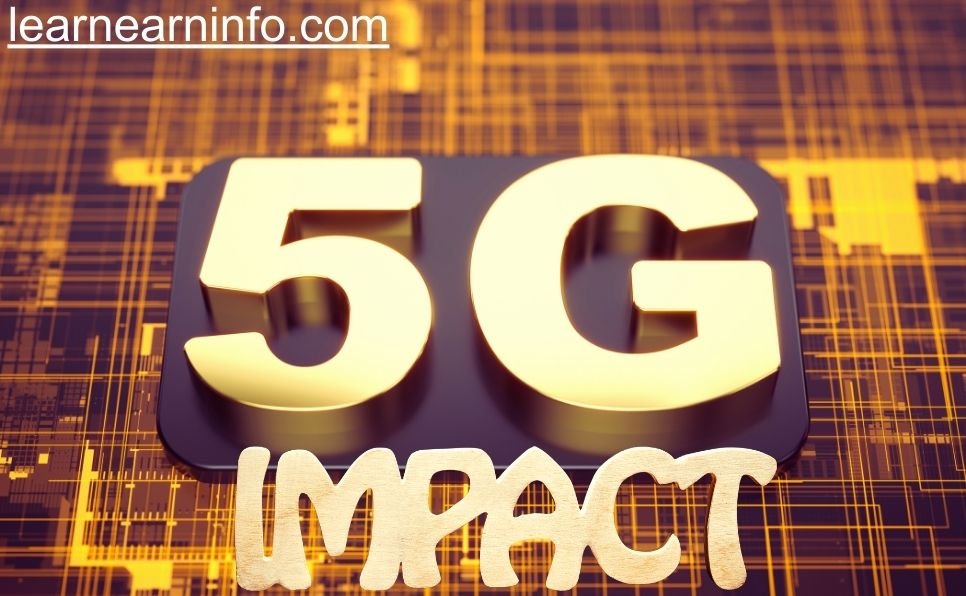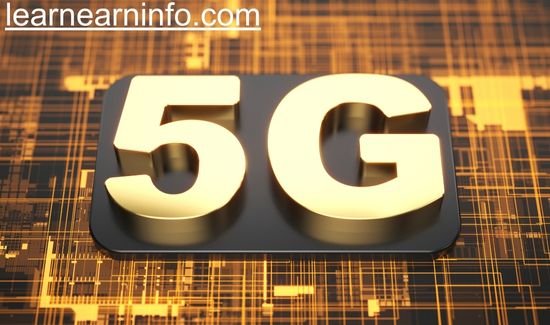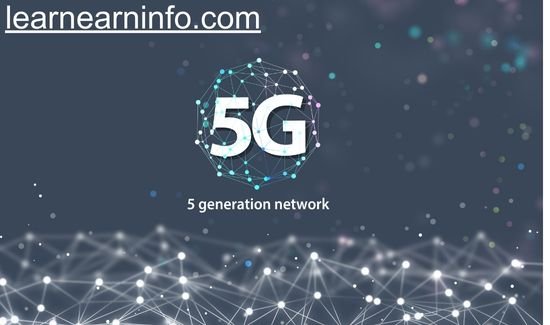Table of Contents
- Introduction
- What is 5G?
- How 5G Benefits Small Businesses
– Increased Speed and Efficiency
– Enhanced Customer Experience
– Improved Remote Work Capabilities
– New Opportunities for Innovation
- Challenges and Considerations
-
5G impact of industries
- Conclusion
- FAQs
Introduction
The introduction of 5G technology is expected to completely change how small firms conduct business. With its promise of faster speeds, lower latency, and enhanced connectivity, 5G has the potential to transform various aspects of business operations, from customer engagement to internal processes. In this article, we will explore the **5G impact on small businesses**, examining the benefits, challenges, and potential opportunities this technology brings.
What is 5G?
5G is the fifth generation of mobile network technology, designed to deliver faster speeds, higher bandwidth, and lower latency compared to previous generations. It enables seamless connectivity for a wide range of devices, from smartphones to IoT (Internet of Things) devices, facilitating more efficient and innovative business operations.
How 5G Benefits Small Businesses
Increased Speed and Efficiency
One of the most significant advantages of 5G is its high-speed connectivity. This allows small businesses to perform tasks more quickly and efficiently. For instance, large files can be uploaded and downloaded in seconds, enhancing productivity and reducing downtime. **Increased speed and efficiency** also mean that businesses can operate more smoothly, leading to better customer satisfaction and potentially higher revenue.
Enhanced Customer Experience
5G technology can significantly improve the customer experience by enabling faster and more reliable online interactions. For example, businesses can offer high-quality video streaming and augmented reality experiences, enhancing their digital presence. **Enhanced customer experience** leads to greater customer loyalty and can set a small business apart from its competitors.
Improved Remote Work Capabilities
Fast and dependable internet connections are more important than ever due to the increase in remote work.5G supports improved remote work capabilities by providing robust and stable connections, even in areas with limited broadband infrastructure. This allows employees to work more efficiently from anywhere, promoting flexibility and work-life balance.
New Opportunities for Innovation
5G opens up new opportunities for innovation by enabling the use of advanced technologies such as IoT, artificial intelligence, and machine learning. Small businesses can leverage these technologies to streamline operations, offer new products and services, and stay competitive in the market. **New opportunities for innovation** can drive growth and open up new revenue streams.
Challenges and Considerations
While 5G offers numerous benefits, small businesses must also consider potential challenges and implications. These include:
– **Cost of Implementation**: Upgrading to 5G infrastructure can be costly. Small businesses need to evaluate whether the benefits justify the investment.
– **Security Concerns**: With increased connectivity comes a higher risk of cyber threats. Businesses must ensure robust security measures are in place to protect sensitive data.
– **Adoption and Compatibility**: Not all devices and systems may be compatible with 5G technology. Businesses may need to invest in new equipment or software upgrades.
– **Regulatory Issues**: The deployment of 5G technology may be subject to regulatory approvals and compliance requirements, which can vary by region.
5G impact of industries
Key Industries Impacted by 5G
Manufacturing
- Smart Factories:
Real-time data from sensors and machines enables optimized production, predictive maintenance, and quality control. - Industrial IoT: Connects devices and systems for enhanced efficiency and automation.
- Augmented Reality (AR): Improves training, assembly, and maintenance processes.
Healthcare
- Remote Surgery: Enables surgeons to perform complex procedures from distant locations.
- Telemedicine: Shortens wait times for patients and enhances access to healthcare in remote places.
- Wearable Devices: Real-time monitoring of patient health and vital signs.
Transportation
- Autonomous Vehicles: Provides the necessary connectivity and low latency for safe and efficient self-driving cars.
- Smart Cities: Optimizes traffic flow, public transportation, and urban planning.
- Logistics: Improves supply chain visibility and efficiency through real-time tracking.
Retail
- Enhanced Customer Experience: Offers personalized shopping experiences through AR and virtual reality (VR).
- Inventory control: Keeping an eye on current supply levels to prevent shortages.
- Retail that seamlessly blends in-store and online experiences is known as omnichannel.
Energy
- Smart Grids: Enables efficient energy distribution and management.
- Renewable Energy Integration: Facilitates the integration of renewable energy sources into the grid.
- Remote monitoring: Keeps an eye on infrastructure and equipment to ensure peak operation.
Agriculture
- Precision agriculture uses technology and data-driven insights to maximize agricultural yields.
- Drone Technology: Supports crop monitoring, spraying, and delivery.
- Supply Chain Management: Improves food traceability and reduces waste.
How 5G Drives Innovation
- Increased Efficiency: Automation and data-driven insights streamline operations.
- Improved Customer Experience: Personalized services and real-time interactions enhance customer satisfaction.
- New Business Models: Enables the creation of innovative products and services.
- Economic Growth: Drives job creation and boosts economic activity.
Challenges and Opportunities
While 5G offers immense potential, challenges such as infrastructure development, cybersecurity, and data privacy need to be addressed. However, the opportunities for innovation and growth are significant.
Conclusion
The **5G impact on small businesses** is profound, offering enhanced speed, efficiency, and opportunities for innovation. While there are challenges to consider, the potential benefits make it a worthwhile investment for many small businesses. By leveraging 5G technology, small businesses can improve their operations, offer better customer experiences, and stay competitive in an increasingly digital world.
FAQs
-
**What is 5G?**
– The fifth generation of mobile network technology, or 5G, offers reduced latency, increased bandwidth, and quicker speeds than earlier iterations.
-
**How can 5G benefit small businesses?**
– 5G can enhance speed and efficiency, improve customer experience, support remote work capabilities, and open new opportunities for innovation.
-
**What are the challenges of implementing 5G?**
– Challenges include the cost of implementation, security concerns, adoption and compatibility issues, and regulatory requirements.
-
**Do small enterprises need to invest in 5G?**
– While the cost and challenges are considerations, the potential benefits of improved operations, customer experiences, and competitive advantage often justify the investment.
-
**How does 5G improve remote work capabilities?**
– 5G provides robust and stable internet connections, allowing employees to work efficiently from any location, promoting flexibility and work-life balance.












































